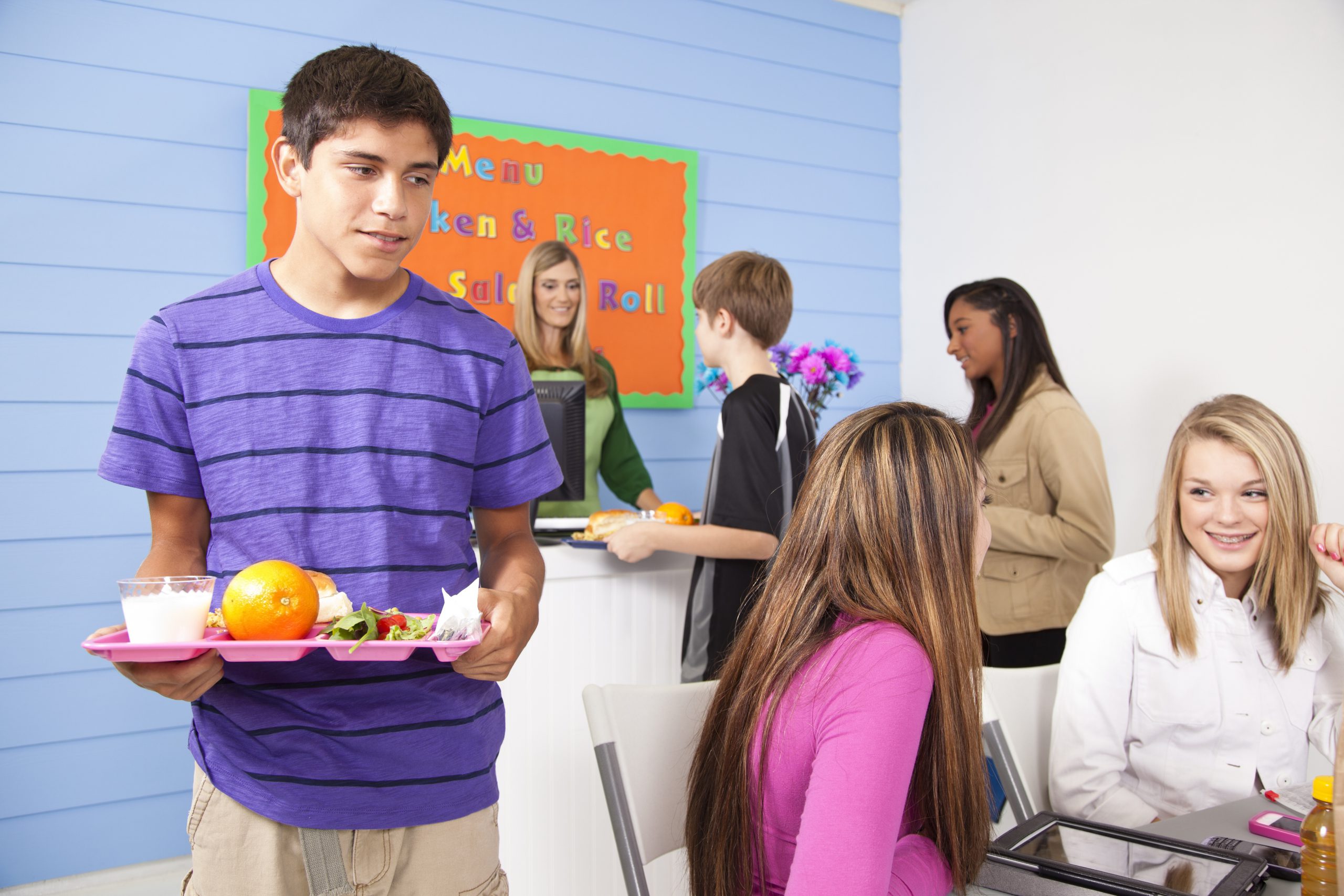‘Back-to-school’ evokes some classic images: new school supplies, new teachers, maybe even a new school. But for millions of hungry students across America, back-to-school also means a guaranteed meal.
According to the U.S. Department of Agriculture (USDA), 12 million kids live in food-insecure homes throughout the United States, and 22 million students qualify for free or reduced-price lunch through the National School Lunch Program. For these students, schools provide more than an education, they also attempt to provide the food we all need to learn, grow, and lead healthy lives. Unfortunately, many of these programs come attached with stigma and less than desirable options, driving many students to either forgo lunch, or stock up on convenience store food.
Summertime is an especially vulnerable time for students experiencing food insecurity. Only 4 million of the 22 million students who qualify for free or reduced-price lunch access the USDA’s summer lunch program. This summer food gap has major implications for equitable health and learning outcomes.
As students across the country start a new school year, it’s worth taking a look at some of the key problems associated with student hunger:
- Food insecurity and hunger can negatively impact academic performance and cognitive development.
- Students will often skip lunch because of the stigma attached to free and reduced-price lunch.
- Some families make too much money to qualify for free lunch but still have trouble affording lunch for their kids.
- Even though millions of students get breakfast and/or lunch at school, they are mostly on their own when it comes to food after school, including dinner.
While nutritional assistance programs in our schools are crucial and necessary for minimizing the impact of hunger, they don’t directly challenge the social and economic issues at the root of food insecurity. To truly tackle food insecurity, we need to work on identifying the larger systemic issues that create these conditions in the first place.
Check out some organizations that are doing just that:
Do you have a story to tell about food insecurity in your community? Email danielle@xqinstitute.org or share on social by tagging @XQAmerica and #ReThinkHighSchool.
TAGS:







